CLARIFYING THE IMPACT OF NOUNS
As we grew up, most teachers said that nouns were “people, places, things, (and) ideas.” I couldn’t agree more. At the same time, as life keeps unfolding, I’m also learning that nouns are far beyond grammatical and instead the things that make us and break us. Nouns are the things that have the power to turn hard days into incredible days, dumpy days into even dumpier days, and normal days into the loveliest days we could’ve ever dreamed of.
So what do we do with the nouns of life that overwhelm us? Do we cancel “those” people? Do we “clean slate” them and move away from places that hold us in bondage? Do we find a big fat permanent marker and cross out every thing or idea that has hurt us in life? Do we put every bad noun in a box and put them on the top shelf of the closet, never to deal with them again?
Those are great questions. And we all have asked them.
WHAT WE CAN DO
1 | SLOWING YOURSELF
Handling the harder nouns of life in a healthy way begins with us slowing down. Look at it like this. We can’t deal with the overwhelming nouns if we ourselves are overwhelmed. Our log-jammed brain - though brilliant - can’t thrive at problem-solving until our log-jammed brain goes from triggered to grounded and grounded to safe. Once we’re in that safe place, we can healthily begin to process with ourselves and trusted-others about what to do with the people, places, things, or ideas that seem to have the best of us. (How to Slow Down When Log Jammed)
2 | SEEING THE PERCEIVED FACTS
After slowing down and regulating our body to a safe place, we can then begin to start asking logical questions surrounding the various people, places, things, or ideas. Good questions to begin asking in that safe place can look something like this:
What seemed to take place between myself and this noun in the triggering moment that led to my hurt or overwhelm?
What do I seem to know about this noun before the triggering moment? Were they supportive nouns? Neutral nouns? Threatening nouns?
What would others say about this noun? Would they say the noun is a problem or that the noun caused a problem?
How have I felt toward this noun throughout my life? In recent months? In recent days?
What word describes me or my feelings when I was in this triggering moment because of this noun?
What would God or some other “perfect third party” say about this noun? Would they say the noun is the issue? Or, was an outside factor the issue?
How often has this noun been a trigger to overwhelm or hurt for you?
What factors were controllable in this situation with the noun? What were the uncontrollable factors, if any?
Do you often feel like you are owned, belittled, or crippled by this noun? If so, why?
In your next interaction with this noun, what do you think would happen? Would it lead to a lack of safety? More hurt? Or would it be a safe setting to step into?
If Jesus (or some other perfect figure you could perceive) were in-flesh and right next to you, how would He comfort you and what would He encourage you to consider?
What are the things that could be done to help this situation in the future?
What things would harm this situation in the future?
3 | SETTING THE BOUNDARIES
Once you’ve begun to answer some of the above questions, (whether through processing alone or with someone else), you then put yourself in a safer position to respond helpfully to whatever circumstance has developed because of the triggering noun. At this point, you can set boundaries. Boundaries can be set for yourself, for the other noun, and likely for certain circumstances surrounding you and the other noun. Setting boundaries can be done by:
Determining what intentional physical, frequency, and controllable limits to set for yourself around this triggering noun.
Encouraging certain boundaries for the triggering noun in regard to you + your situation. (If applicable)
Interacting with a third party to help you with accountability for holding the boundaries put in place.
Creating something like a “trigger response plan” to help you discern what to do in a moment of overwhelm if you were to be triggered by this noun in the future.
OK, SO I’VE FIXED THE NOUN PROBLEM?
Although we haven’t “fixed” anything by walking through these steps of slowing, seeing, and setting, we have at least begun to better understand the circumstances surrounding whatever noun triggered us and whatever feelings we’ve had about the noun. Starting with this process and these questions puts us on the journey to find a healthier way to live life while also helping us feel a bit less out-of-control along the way.
By Nick Sweerin, Restorative Mentor

